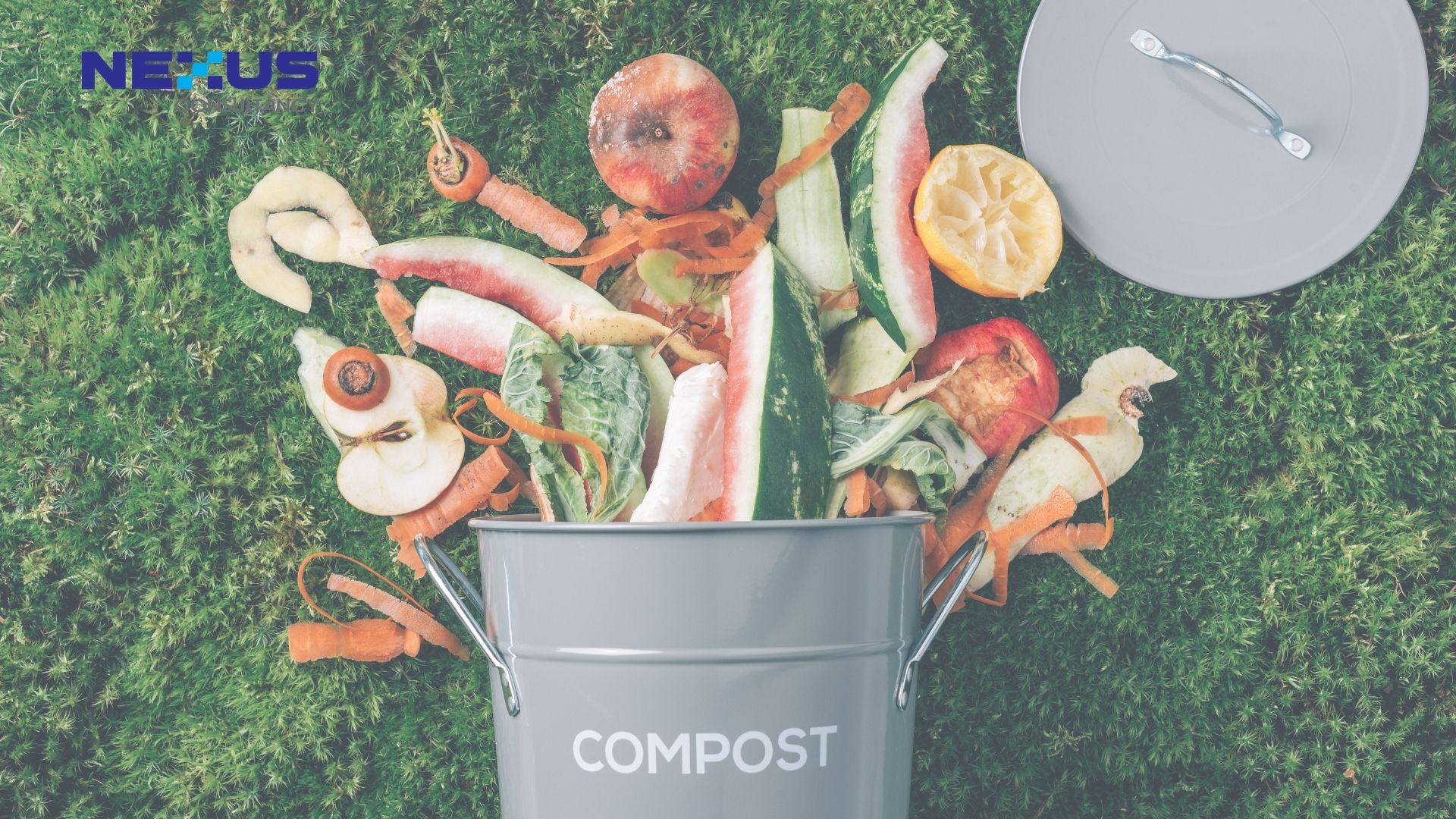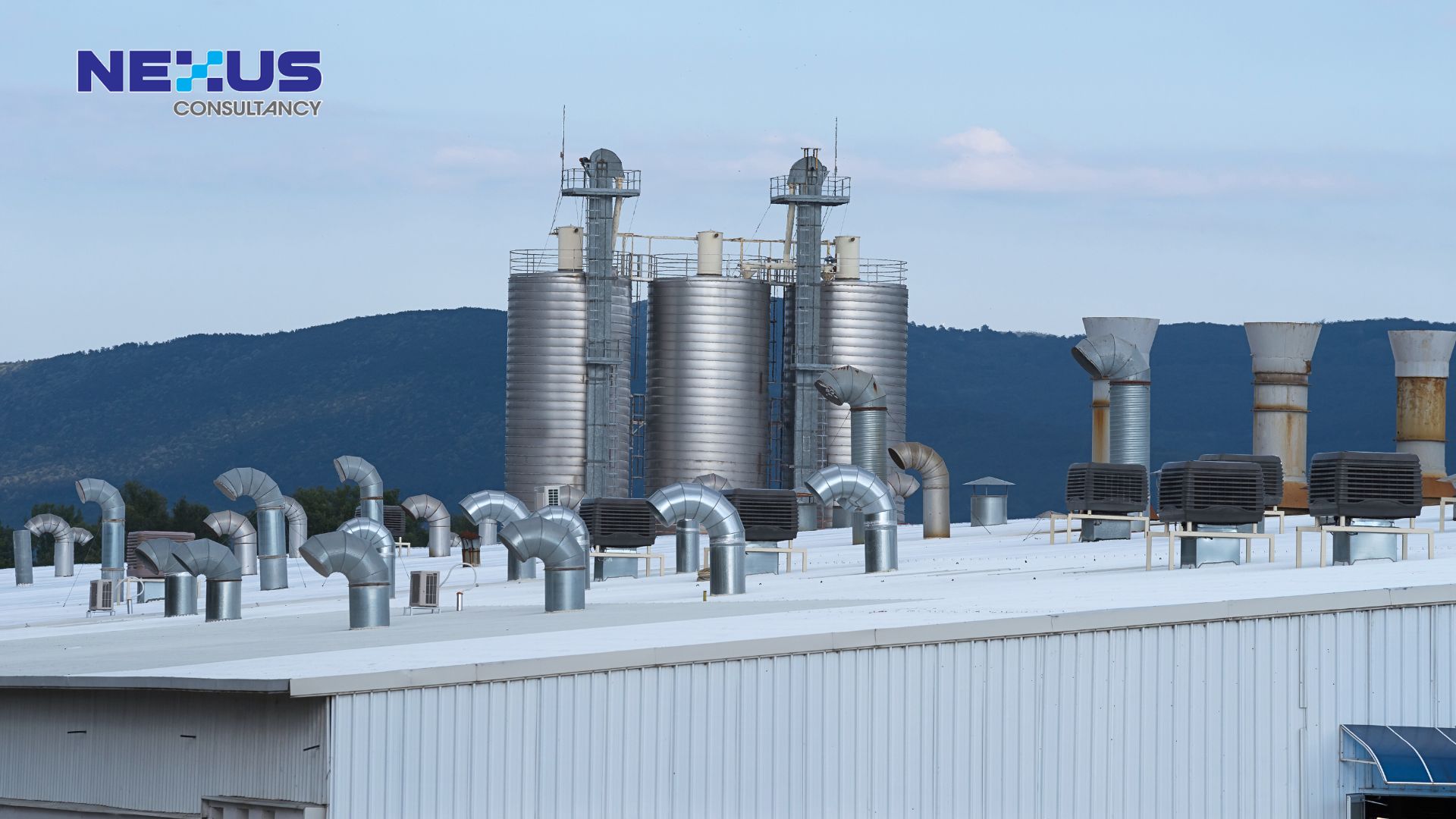
Danielle Tan
Chief Operating Officer
The ISO 14064-1 standard provides guidelines for organizations to quantify, monitor, and report greenhouse gas emissions and removals. This aims to explain the purpose and scope of ISO 14064-1, helping readers understand its importance in greenhouse gas reporting and environmental management.

In a world where more and more people are going hungry and lots of good food is thrown away every day, it’s really important to deal with food waste. Around 13 percent of food goes to waste from when it’s picked to when it’s sold, and about 17 percent of all the food made worldwide is wasted in homes, restaurants, and shops together.
To make food systems strong and sustainable, we need to use smart ways to reduce food waste. This means working together globally and locally to make sure we use food as best we can. Using new technologies, creative ideas (like online shops for selling food, and mobile systems for processing food), new ways of working, and making sure food is good quality are all really important for making big changes.
Addition of food loss and waste management requirements to FSSC 22000 version 6 shows a bigger focus on being sustainable. This fits with FSSC’s goal of helping companies support global Sustainable Development Goals (SDGs). FSSC wants companies to make plans to reduce food waste. This helps encourage better practices in the food industry, which is good for both businesses and society.
Where and How Does Food Loss Occur?
Annually, over two billion tons of food are lost or wasted. Approximately half of this loss occurs upstream, encompassing stages such as harvest, postharvest handling and storage, and processing.
Since most food is lost on farms, what can food manufacturers and retailers do to stop it? Surprisingly, they can do a lot. A good plan starts with figuring out how much food is being wasted and setting goals. Then, they need to come up with ideas and put them into action, and make sure changes stick around for the long term.
But to really tackle food waste, everyone involved needs to change how they think about it. Food manufacturers and retailers need to see wasted food as a result of things not working efficiently in every step, from making food to selling it—not just as a small problem for the sustainability team. Instead, they should see reducing food waste as a way to make more money and be more successful overall.
How Companies can Turn Food Loss into Big Wins
- Be Open and Set Goals
Figuring out how much food is lost and who’s responsible isn’t totally clear yet. But that doesn’t mean companies should ignore it. If you’re a store or a food maker, try to get a good idea of what’s happening by talking to your teams, looking at supplier data, and checking out research. Work with your suppliers to track food loss, maybe using tools you can find online. Decide on goals for your company and suppliers, and make sure everyone is rewarded for reducing food waste. Keep an eye on what others are doing in the industry to make reporting and standards simpler.
- Decide and Act
According to a study by McKinsey & Company, there are four ways that retailers and food manufacturers can really make a difference: reducing loss during production and processing, cutting loss during delivery, selling more of what’s made, and preventing loss from happening in the first place. Each way has different things they can do. Some might need a lot of money and new ideas. But all of them will help, leading to less food waste, a better supply chain, more profit, and less pollution.
No matter what companies decide to do, they need to change how they work with others in the food system. Here are some ways food manufacturers and retailers can break from the usual and make big progress in reducing food waste:
- Collaborate with suppliers to match supply with demand better. This means talking more and being open about what’s needed in the whole chain.
- Change how you buy food. Instead of just focusing on short-term costs, think about working closely with suppliers or joining hands for new ideas. Don’t only pick suppliers based on the cheapest price. Consider how to reduce food waste when making deals, setting rewards, and measuring performance.
- Get creative about turning wasted food into something valuable. There’s a lot of potential in finding new ways to use food that would otherwise be thrown away. Food that can’t be sold as it is can be turned into new products and businesses. Think about investing in research to find ways to make money from food that would otherwise be wasted.

3. Make Lasting Change Happen
Reducing food waste won’t become a big priority at any company unless the top management support it. In fact, when asked, most industry leaders said that a lack of strong leadership was the main reason why their companies struggled to put food waste plans into action.
So, one key to making a real and long-lasting difference is having a strong plan in place—with everyone responsible for buying, inventing, making, selling, and managing money all working together. Each person should know what they need to do and what goals they’re aiming for. Assigning someone to lead each food waste project and agreeing on how to measure success will help keep things moving forward. New ways to measure success might include looking at how much food gets wasted, how much money is made from finding new uses for wasted food, or how much money is saved by preventing food from being wasted in the first place.

Conclusion
Unfortunately, in many companies today, no one person or group takes responsibility for food loss and waste. Companies haven’t had to worry too much about it before, but that might not last. With the world facing a possible food crisis and more people learning about food waste, external stakeholders will start expecting companies to do something. So, dealing with food waste isn’t just the right thing to do anymore; it’s also good for business. And soon, it might be something every company has to do, not just an option. We only have seven years left to meet some important goals for sustainable development. That’s why it’s really urgent to speed up our efforts to reduce food loss and waste.
Reference:
- FSSC 22000 Scheme Version 6.0
- https://www.un.org/en/observances/end-food-waste-day#:~:text=Why%20is%20it%20important%20to,and%20capital%20%2D%20go%20to%20waste.
- https://www.mckinsey.com/industries/consumer-packaged-goods/our-insights/reducing-food-loss-what-grocery-retailers-and-manufacturers-can-do
Take the First Step Towards Excellence! Contact us today to learn more about how your organization can effectively implement food loss and waste management strategies within the framework of FSSC 22000 Version 6.






